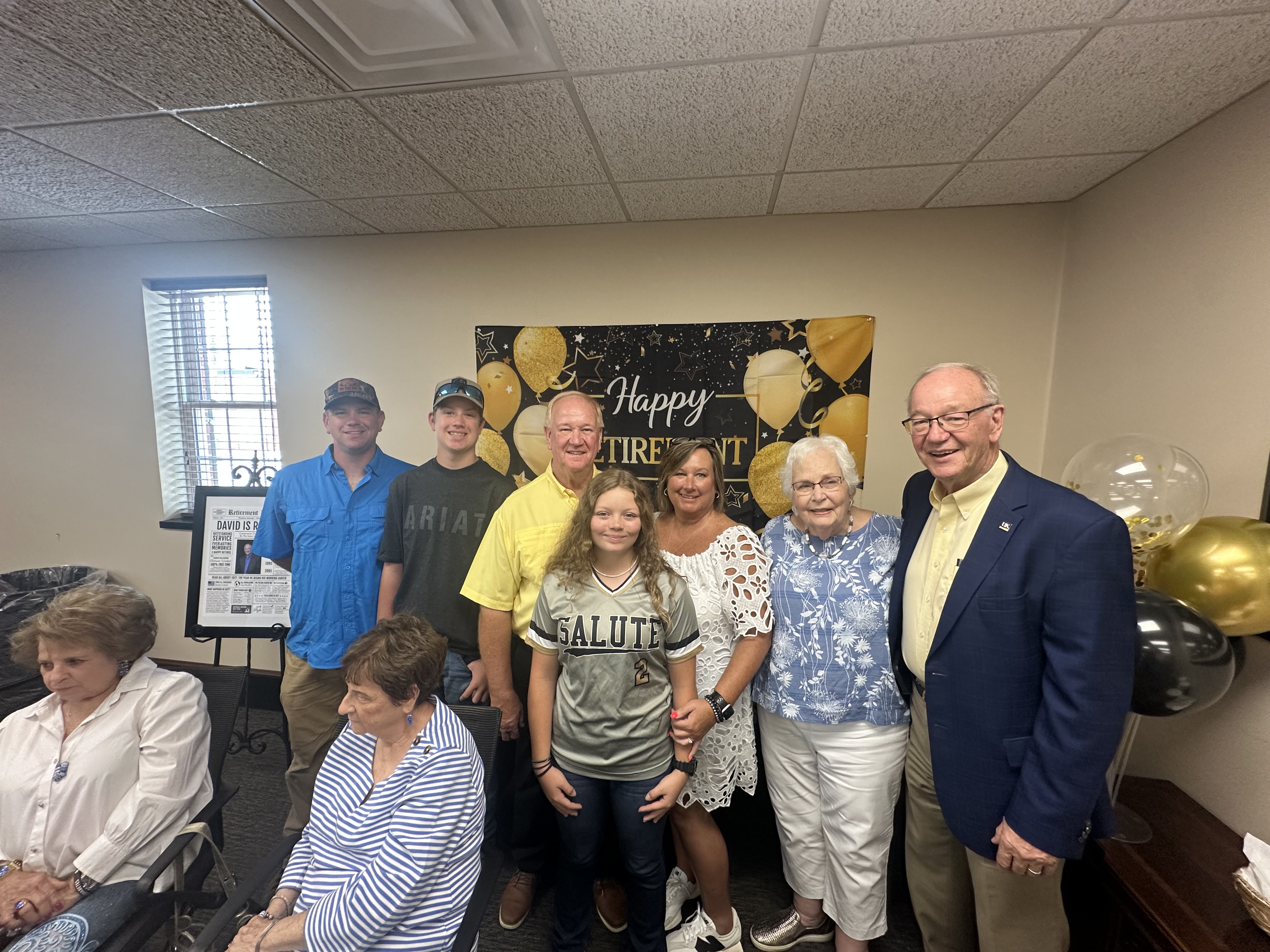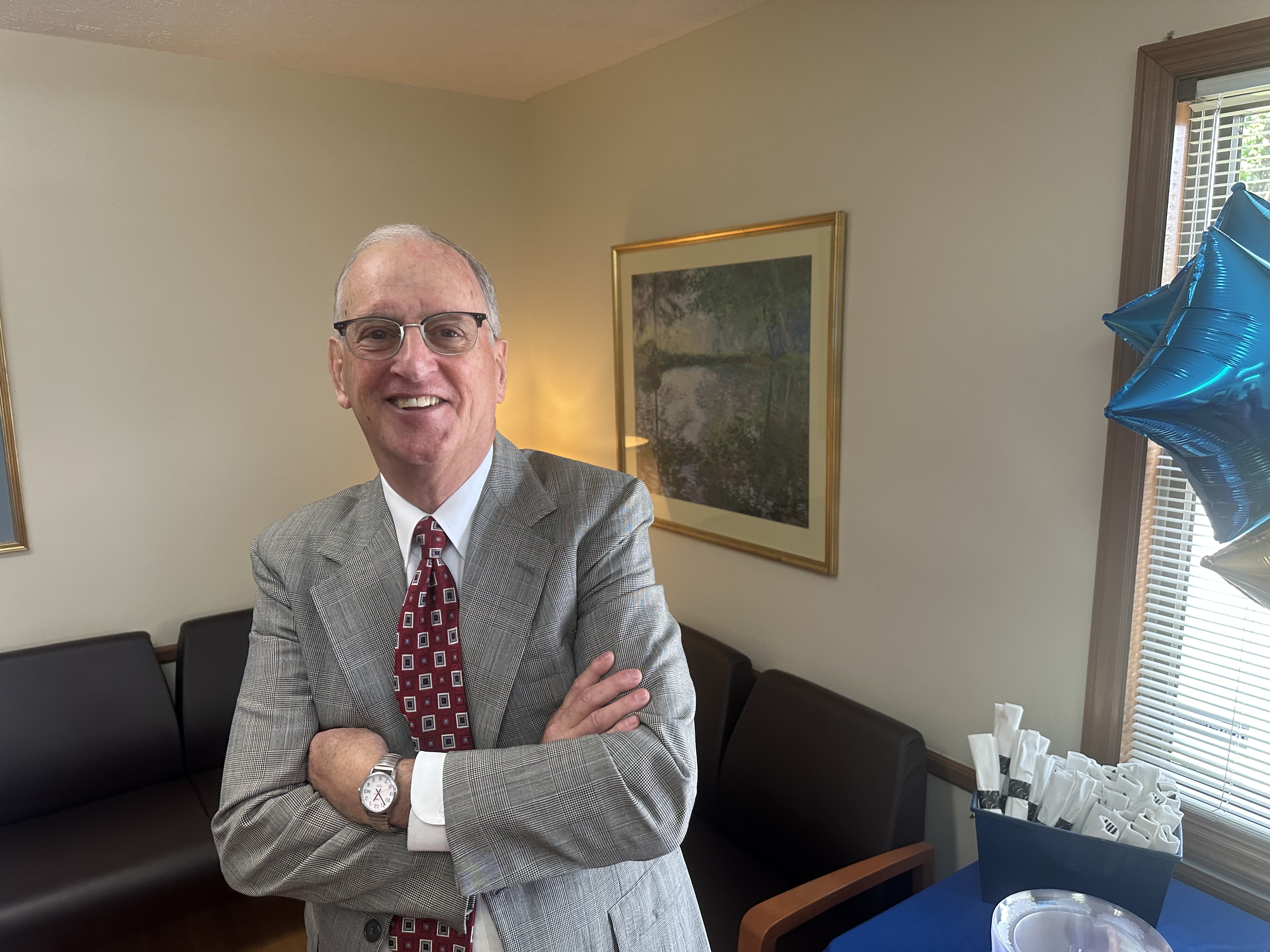New nonprofit to focus on community resources for recovery
Published 10:30 am Friday, March 23, 2018

- Amber Fields, ART’s recovery coach, works on upcoming projects at the ART (Achieving Recovery Together) Center. ART is an independent, private nonprofit Recovery Community Organization led and governed by representatives of local communities of recovery.
After planning the Rally4Recovery every year for the past few years, Amber Fields and JuaNita Everman decided they needed to do more.
“Drug addiction has taken over our town,” Fields said. “We want to see it change. We want to do something about it.”
The pair started an independent, private nonprofit Recovery Community Organization this year that provides numerous resources and services to the community, also known as the ART (Achieving Recovery Together) Center.
Because ART is also part of a national organization, there are specific guidelines the nonprofit must abide by including 60 percent of the organization must be led by people in recovery. Both Fields and Everman are in recovery and have been for several years.
“When we work with trying to get people in recovery, they’re working with people who’ve been there,” Everman said.
ART will offer access to peer-based and other recovery support services, overdose intervention, peer recovery support specialists, a support hotline, recovery coaching, workshops, support meetings, resource connections, community education and awareness, family education program, life skills education and community-wide sober social activities.
“We’re support,” Everman said. “We want to be support for these people.”
The ART Center, located in the community services building at 30 Taylor Ave. in the housing department, is focused on addiction prevention, community education, advocacy and recovery support in Clark County.
Fields, ART’s recovery coach, said advocacy is becoming a large part of what ART does. As a recovery coach, Fields said she is open about her road to recovery. She said she hopes to show others to be proud of their progress and not to be embarrassed.
“People are ashamed,” Fields said. “I’m ashamed, still, of things that I’ve done. But I’m not ashamed of my path now.”
ART can also direct people to several other services or resources in the community such as the needle exchange program, the suicide hotline or the Winchester drug enforcement tip line. Fields said ART partners with about five other local recovery organizations.
Fields said one of the first things on ART’s agenda is April’s alcohol awareness campaign. The center plans to work with the local eighth and tenth graders to decorate paper grocery bags. The bags will then be returned to local grocery stores and passed out to patrons. ART will have prizes for the top three bags at each school.
ART will also offer the Angel Program. The Angel Program is guided by people in long-term recovery who are trained as adult peer support specialists.
The program came to fruition after Fields and Everman attended a leadership academy and were tasked with coming up with a year-long project. The pair decided on an overdose intervention task force, Fields said.
After waiting about seven months for approval from Clark Regional Medical Center, the program is finally about to launch. ART is currently training more peer support specialists, Field said.
“What we will do is when someone overdoses, a peer support specialist will go and speak to them about recovery,” she said. “If they don’t want to hear about recovery, then we will talk to them about our needle exchange program, about safe using or support groups. We will have a list of rehabs, and we will try to direct them into recovery.”
Everman and Fields will still plan Rally4Recovery as one of ART’s community activities. It will be held in September which is National Recovery Month. ART will also have a Christmas party for children whose parents are in rehab or are incarcerated because of drug addiction.
There are many barriers to people seeking treatment, Everman said, including fear of judgment, custody battles or losing jobs.
“And it’s hard,” she said. “It’s hard. It’s hard to make that change and that lifestyle because you have to give up everything. People, places and things. You have to give up everything, and that’s hard to do.”
Fields said ART’s services would help reduce or eliminate the stigma of addiction, which deters people from seeking treatment.
“When I first found recovery, I thought that meant giving up everything fun in my life,” she said. “Like all your fun goes away. But that’s not at all what it is. And actually, it’s so much better. Even on my worst day now, it’s better than my best day then.”
Fields said it’s time for communities to rally behind recovery initiatives or the recent drug epidemic is goint to get worse.
“We have to stand up and do something,” she said.







